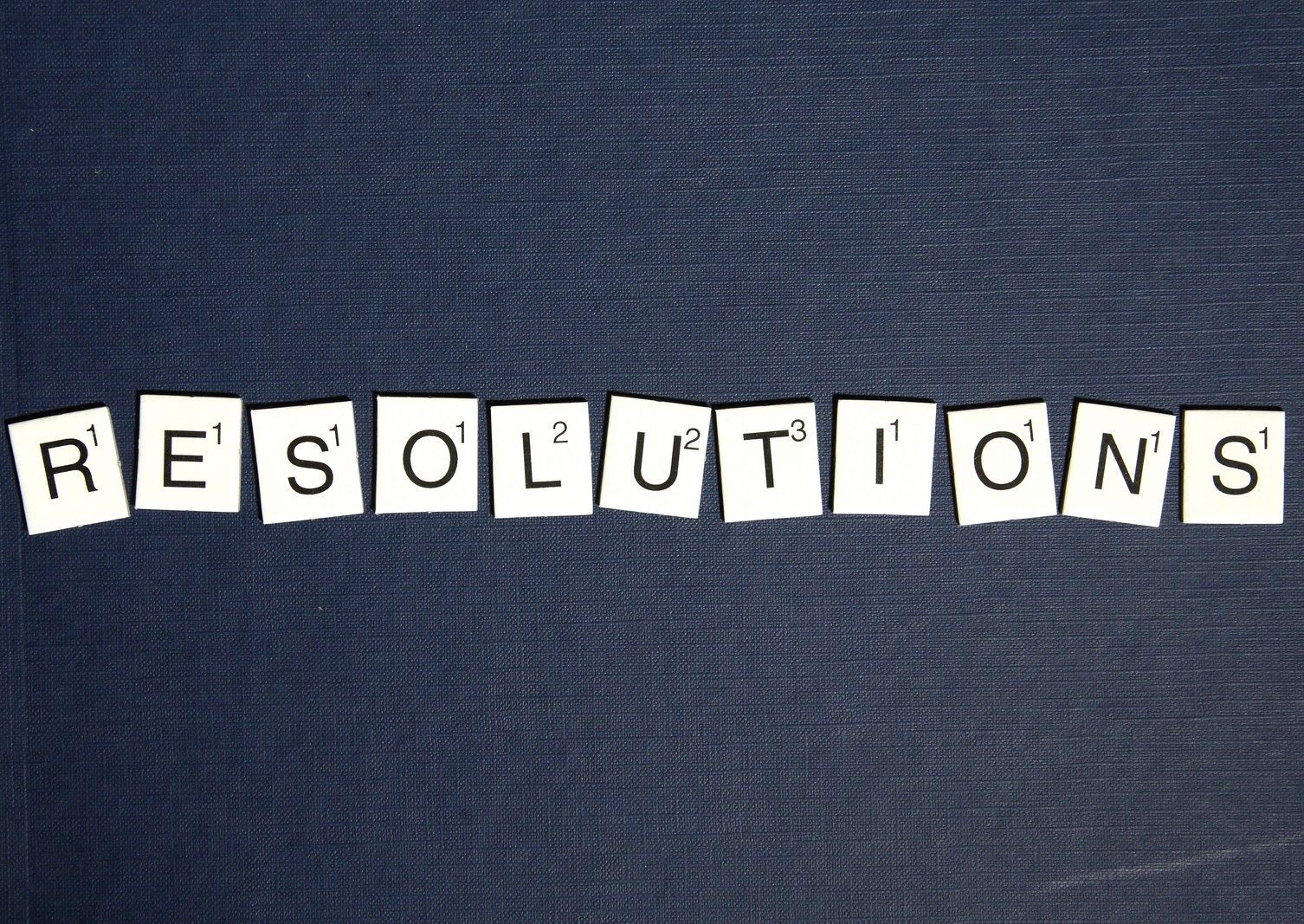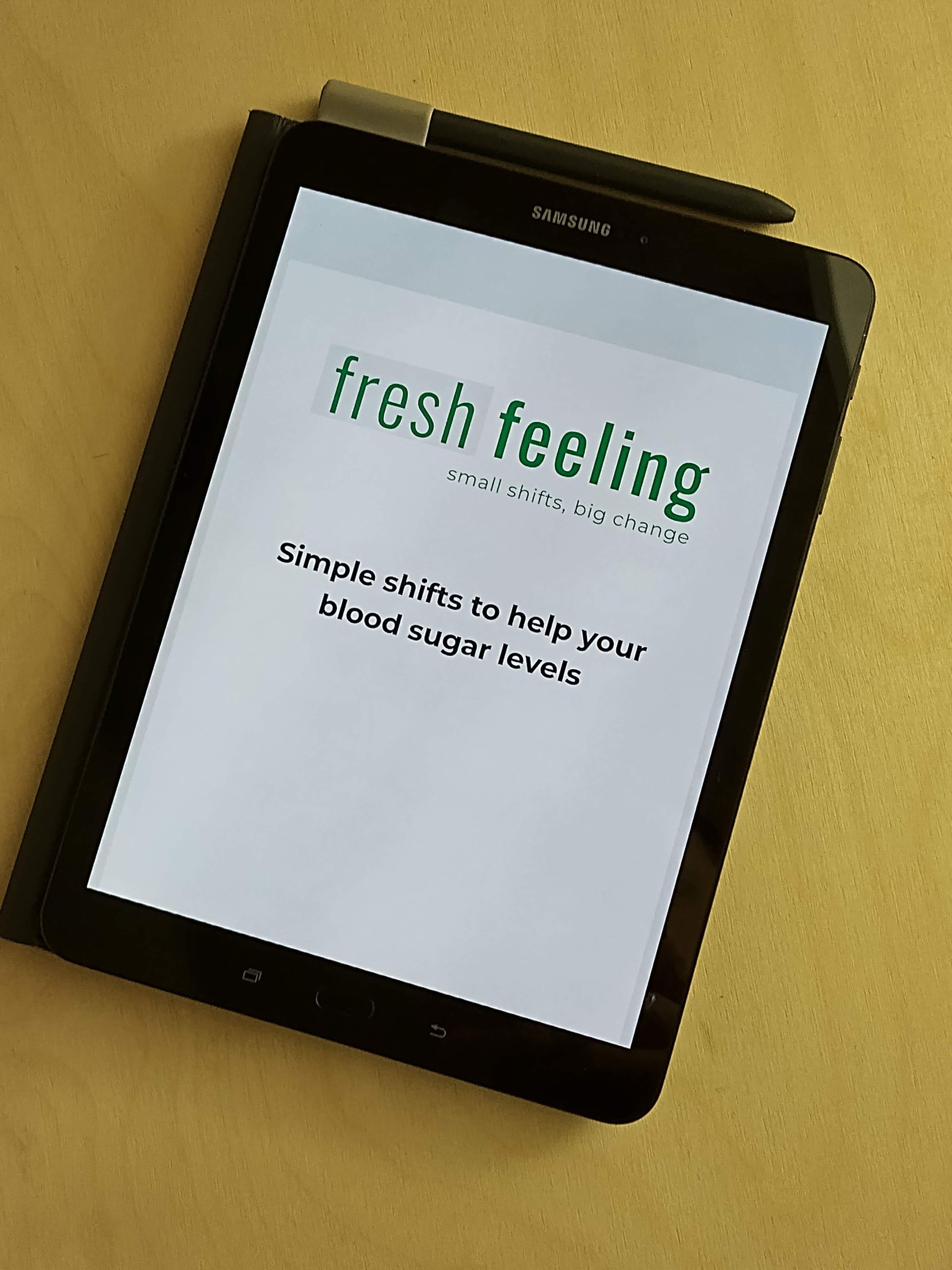Will your new diet have you GAINING weight?
New year, new healthy you? We’re days into 2023 and two January topics are trending: #DryJanuary and #NewYear (health) resolutions.
Our key message is a recommendation not to start an unsustainable diet in January, or any month of the year.
Instead, learn to eat, sleep & live your way to better health whilst losing weight at the same time. Discover what works for your body: this will be different to Emily’s, mine, your best friend, and your cat. Rather than assuming a generic strategy will work.
Dieting may make you gain weight!
You might have finished Christmas celebrations and started the New Year having put on some extra weight. Or maybe you’re just looking to get in better shape, and feel the new year is a good time for change.
In some ways it could be the worst time to start a diet. Many diets are unsustainable beyond a few months. Post the initial period of weight loss, you plateau, you give up. Whether you give up or not, you are likely to put the weight back on and often some more.
Additionally, significant studies such as DIETFITS clearly demonstrate that we all have a different response to generic diets such as low-fat or low-carbohydrate - don’t simply think that one will work for you because it did for your neighbour or best friend. Though, we would offer that one thing is universally good: a high fibre low sugar diet; we’ll cover what this practically means in a separate post.
Why would I put the weight back on?
Emily: Unfortunately, even as a GP, I used to subscribe to the idea of calories in, calories out. And that people may be overweight because they ate too much and they weren’t active enough. Many robust studies have shown that this simply isn’t true. We are not engines with fuel where you can just apply regular thermodynamics: our bodies have the ability to regulate energy expenditure (without us consciously controlling it) dependent on our body’s state.
Limiting this post to just one aspect of this, and simplifying for brevity:
- If your new diet plan relies on restricting calories each day, over a number of months, then unfortunately your body is no fool. If you do something consistently such as underfeed yourself, your body will also adjust so it can achieve homeostasis.
What is homeostasis and why do I care?
This is steady state in any system - to enable the process to keep continuing, without end.
In your body, this will need to be reached, for survival purposes.
So, with consistently reduced energy going in and fat already lost, your body will throttle down your energy expenditure, to help you stop losing more fat stores and keep to your body’s set weight (given the energy input is now lower). You’ll be less active and more likely to feel tired, cold, hungry and less happy.
At the same time, hormones which drive hunger will start to ratchet up - soon you will be driven to eat more to get back the fat stores lost, and really you can’t be blamed. When driven by hormones, that is something you can’t put up a fight against: it’s like me asking you not to wake up tomorrow, just wake up the following day. Ok? You can do that right?
So, the result is that after the plateau, your weight starts to increase again to recover lost fat stores. Again, we’ve oversimplified this for the purposes of brevity.
Other hidden evils
Additionally, with any exclusion type diets - getting you to cut out food groups or certain foods - you may actually be reducing your intake of the range of nutrients you need, which will not be good for your health.
Eating a less wide range of real foods tends to correlate with decreased diversity of bacteria in your gut, which as a consequence, is detrimental to your overall health and longevity (they’re that important!), and may see you more affected by illnesses that go round.
We’re in agreement with the Association for Nutrition in that we don’t recommend following any diets or advice which say to avoid certain foods or food groups (allergies excluded).
Shift to a better lifestyle
Instead, change your lifestyle and your diet long term: adopt a new lifestyle which you can gradually get to and then sustain. Done at a gradual speed you won’t feel restricted, and you will be able to sustain it. And, you don’t need to cut out food groups or do anything extreme.
Find out your real motivation and goal
When we coach people they get to understand their real motivation for change. Understanding this is key. Normally, in exploring their goal properly, they uncover the real change they’re looking to make, not always what they first thought. This enables success.
Is it really just losing weight, or is there actually a future state you want to achieve which will have you feeling different about yourself and life? I’d estimate that for many, weight loss is a surface part of the real goal.
Better performance and success for you
Improving your health means you perform better at work, as a parent, are happier, better rested and more likely to succeed and achieve your set goals and values, whatever they are. You’ll feel more energetic and able to take on the challenges of life.
Because it isn't related to a temporary diet or change, you can then stay a great shape and feel better indefinitely.
But what about the weight loss too?
The good news is that this is compatible with shifting to a better lifestyle - you can achieve both at the same time.
There’s a number of things which work in harmony versus opposition with each other which will help you succeed or fail. As an example, food timing, sleep and diet composition can work either well together, or undermine success by being in conflict.
The key is taking a whole picture approach rather than just doing one thing and expecting it to deliver both short term and long term weight loss and life improvement.
Generally, the current science is supporting techniques such as intermittent fasting and time restricted eating, however, like we say, if you don’t consider other aspects such as sleep, stress and what you eat, then success can be elusive.
Make the resolution: no short term weight loss diet!
So, make it your resolution not to start a short term fad diet.
Rather than reaching for some kind of caloric restriction diet or something which eliminates food groups, change your life instead and win permanently. If you need support doing this, Fresh Feeling are here to help.
You don't need to punish yourself and feel restricted in order to win!



